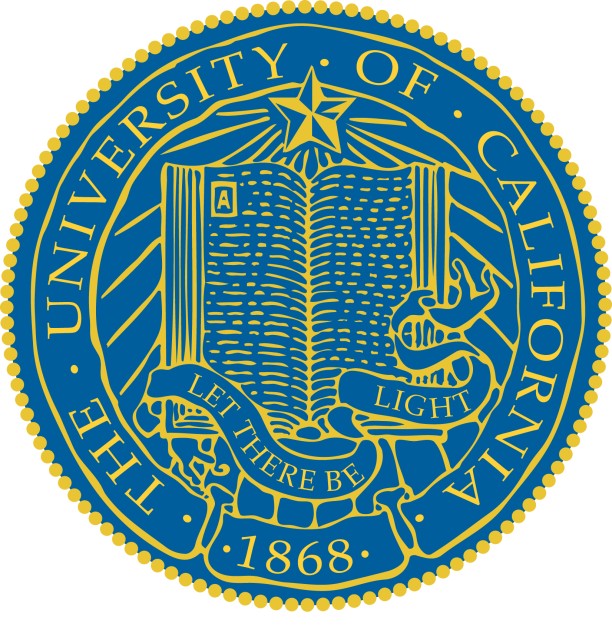
| Monday, September 19, 2011 | Archives | Advertise | Online Buyer's Guide | FLEETSolutions |
Car Sharing Leads To Fewer Personal Vehicles, Claims Study
 According to the University of California Transportation Center, car sharing leads to the reduction of personal vehicles owned. In other words, when someone joins a car sharing network, they commonly get rid of their own car. According to the University of California Transportation Center, car sharing leads to the reduction of personal vehicles owned. In other words, when someone joins a car sharing network, they commonly get rid of their own car.The UCTC study, as described by Elliot Martin and Susan Shaheen in UCTC's latest issue of ACCESS Magazine, surveyed 6,281 households that were part of car sharing networks, and found that households owned 2,968 vehicles before car sharing, or 0.47 vehicles per household. After car sharing, the group owned 1,507 vehicles, or 0.24 vehicles per household. Further, sixty percent of people who join car sharing networks already don’t own cars and use the service for primary motor vehicular transportation needs. Cars in car sharing networks are also more fuel efficient than the average, as car sharing companies like Zipcar commonly bundle in fuel with the fees. The UCTC study found that the average car that was left behind for car-sharing got 23 mpg, while cars in car sharing networks get an average 33 mpg. Car sharing companies and analysts have long touted similar figures. Rachel Botsman of the Collaborative Consumption Lab said that one car being shared in a car sharing network can lead to approximately seven-to-eight vehicles taken off the road. The corresponding article to the survey can be read online here. |
 |
NAFA Fleet Management Association 125 Village Blvd., Suite 200 Princeton, NJ 08540 Telephone: 609.720.0882 Fax: 609.452.8004 |






